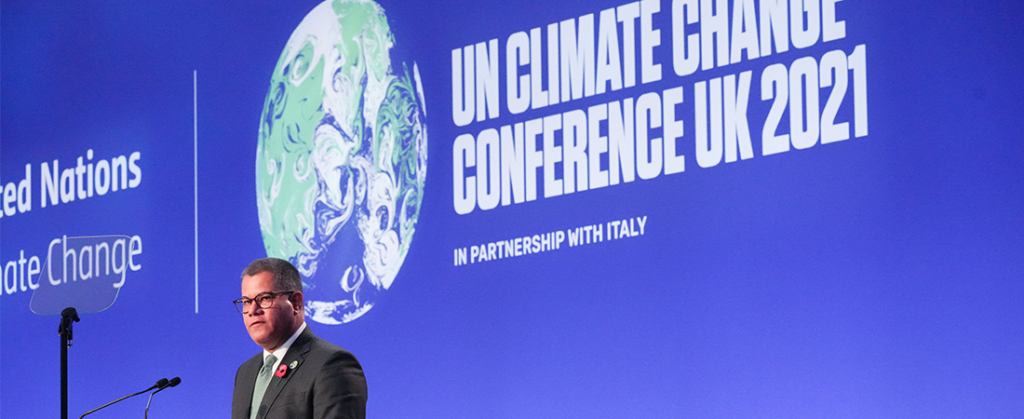At the FT Global Pharma and Biotech Summit 2024, NHS Director of Value and Access, Fiona Bride, invited industry to see innovation as more than just medicine alone. She emphasised the need for a holistic approach, where pharmaceutical companies have an opportunity to partner with the NHS across the entire patient journey, particularly as it works to adopt exciting new population health innovations.
Bride painted a vision of a system that views the impact of innovation across the entire care pathway, rather than just at the point of administering a treatment. This model sees innovation as spanning from the point of diagnosis all the way through to achieving the best possible health outcome for patients.
She highlighted that whilst the NHS has been good at getting innovative treatments, particularly ATMPs, to patients in recent years – pointing to the recent access deal for a gene-editing therapy to treat beta-thalassemia – she said the UK faces new challenges when it comes to providing broad access to large-scale preventative treatments.
The NHS’s “three shifts”—from hospital to community, analogue to digital, and treatment to prevention – were positioned as key in supporting the NHS in the adoption of innovation for population health issues like obesity, and cardiovascular disease.
Here, Bride noted that industry can play a crucial role, not only in bringing medicines to market but also in co-creating solutions that extend into community care. An approach that allows pharma companies to work alongside the NHS, trialling earlier interventions in real-world settings outside of the hospital. Bride challenged pharma companies to think about what other innovative solutions they can bring to the table, beyond the medicine itself.
Despite recent rejections of certain medicines health technology appraisals, Bride remained resolute that the UK continues to be a strong market for life sciences companies to conduct R&D and bring innovations to market.
As an end-to-end single-payer system, the UK has various initiatives aimed at encouraging investment, including a £300 million investment in the UK’s ‘clinical trial platform’ as part of VPAG, as well as efforts towards better digitisation including an integrated data system and single patient record – themes that were repeatedly emphasised at this year’s FT Pharma Summit.
Bride also highlighted the relaunch of the UK’s Innovative Licensing and Access Pathway (ILAP) as a testament to the UK’s status as a global leader in life sciences R&D. The NHS aims to be involved in the identification and rollout of innovative medicines from clinical trials to patient access, further signalling the country’s commitment to fostering life sciences innovation.
Notably, it appears that the NHS sees an opportunity to invest heavily in biosimilars to find financial headroom and free up NHS resources so that the system can build on its track record in adopting new innovative treatments, further incentivising industry collaboration. Bride predicted that through greater adoption of biosimilars, the NHS could save up to £1 billion over the next five years.
The NHS’ message is clear: pharma companies can be key partners in transforming the NHS’s approach to population health by seeing innovation as a comprehensive, patient-centred journey. By embedding themselves within the NHS’s vision and collaborating on solutions from diagnosis to disease management, industry can help bring about a new era of accessible, effective healthcare innovation.





